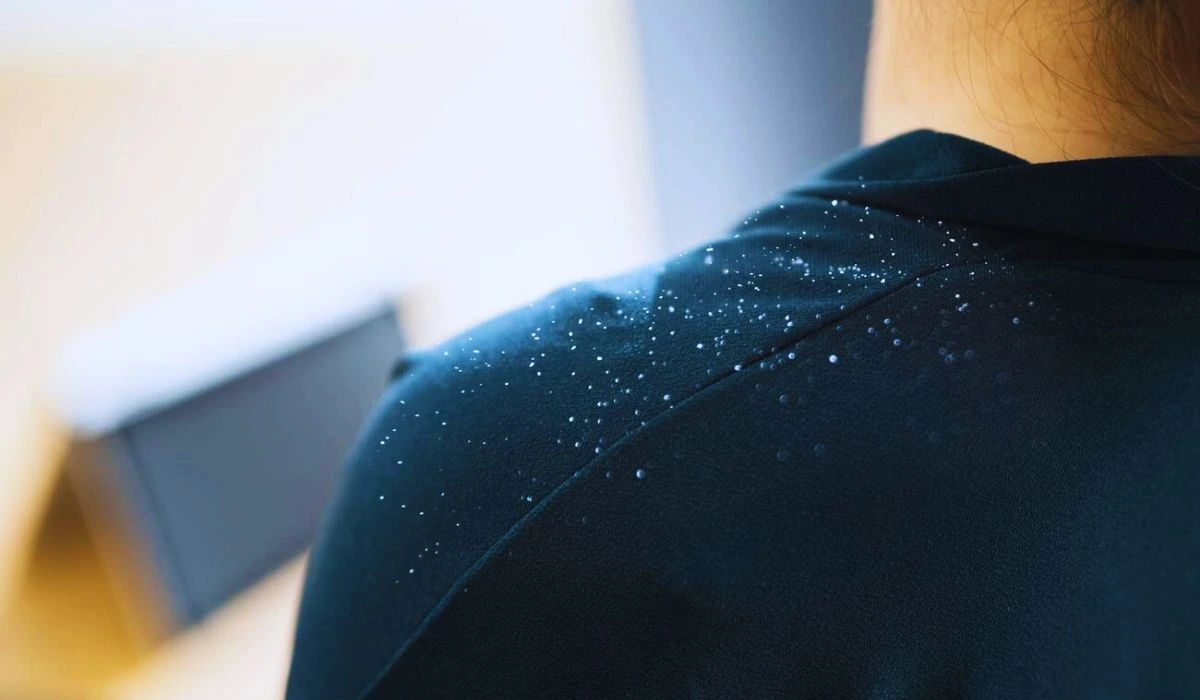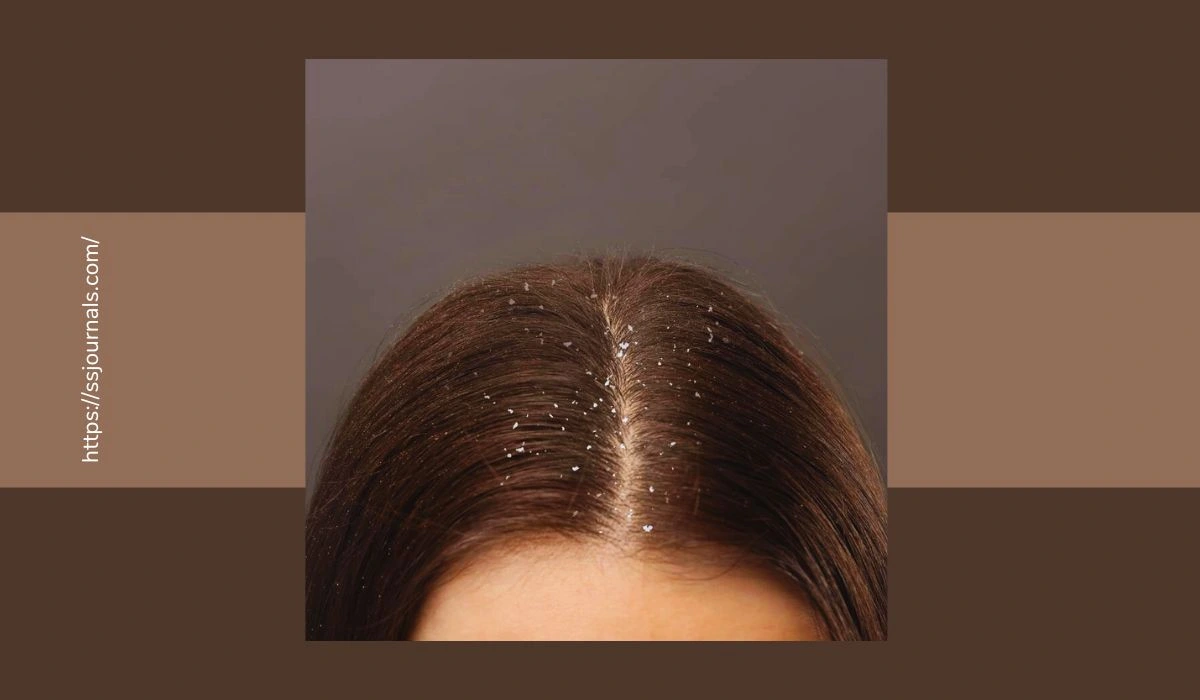Dandruff is a common scalp condition that affects nearly half of the population at some point in their lives. It is characterized by flaky, dry white or gray scales that shed from the scalp. While dandruff is rarely serious, it can be annoying and embarrassing. Understanding the common causes of dandruff is key to finding the right treatment and prevention.
Understanding Dandruff
Dandruff is also known as seborrheic dermatitis when it occurs on the scalp. It is caused by rapid growth and the death of skin cells. Normally, dead skin cells fall from the scalp in tiny pieces that are not visible.

But in people with dandruff, the skin cells mature and shed faster, leading to visible flaking. Dandruff flakes can be greasy or dry, white or yellowish. While there is no cure, it can usually be controlled with proper hair care and anti-dandruff shampoos.
Common Dandruff Causes
There are several factors that can trigger or worsen dandruff:
- Oily Skin – Excess oil production can cause faster cell growth and die-off. Dandruff is more common in teens and adults as sebum production increases after puberty.
- Yeast – A yeast called Malassezia that lives on the scalp can cause quicker cell turnover. It feeds on oils and is found in higher amounts on dandruff scalps.
- Dry Skin – Scalp becomes dry and irritated due to harsh weather, over-shampooing, or skin conditions like eczema. Dry flakes result from increased cell shedding.
- Sensitivity – Some people may have sensitive skin and react to hair products, foods, or environmental factors. This inflammation and irritation leads to dandruff.
- Stress and Depression – High-stress levels and depression are linked to Malassezia growth and dandruff. Stress negatively affects the skin barrier and immunity.
- Poor Hygiene – Infrequent washing of hair and scalp allows more buildup of yeast, oils, and cells. Dandruff is more common in winter when hair is washed less often.
- Seborrheic Dermatitis – Dandruff is a mild form of this chronic inflammatory skin condition that also causes eyebrow, nose, and body skin flaking. The exact cause is unknown but may involve yeast and sebum reactions.
How To Cure Dandruff Permanently?
While dandruff cannot be permanently cured, it can be controlled with a regular skincare routine:
- Use anti-dandruff shampoo 2-3 times a week containing zinc pyrithione, selenium sulfide, or ketoconazole. These ingredients reduce fungus and inflammation.
- Shampoo and condition hair regularly to control oil and buildup. But avoid over-washing which can dry out the scalp.
- Use a moisturizing shampoo to combat dry flakes if the scalp is dry. Aim for 3-4 times a week washing.
- Brush hair daily to exfoliate dead skin cells gently.
- Apply anti-dandruff oils like coconut or tea tree to moisturize and fight yeast.
- Reduce stress with yoga, meditation, or regular exercise to lower dandruff risk.
- Eat a balanced diet with plenty of zinc and B vitamins to reduce flakiness.
- See a dermatologist for persistent or severe cases to rule out other skin conditions. Prescription anti-fungal or steroid creams may be required.
Conclusion
In summary, the most common causes of dandruff include oily skin, yeast overgrowth, dryness, sensitive skin, poor hygiene, seborrheic dermatitis, and stress. Establishing a consistent hair care routine with anti-dandruff shampoos, proper brushing, moisturizing, and stress management can help control dandruff for good.
Seeking professional medical care is advised for stubborn cases unresponsive to over-the-counter treatments. With some trial and error, most people can find a customized regimen that keeps dandruff at bay for a flake-free healthy scalp.
FAQs
A: No, dandruff cannot be spread from person to person. It is not caused by poor hygiene.
A: Dandruff itself does not cause hair loss, but excessively itchy and flaky scalp may lead to some hair falling out from scratching and irritation. Treating dandruff helps reduce these reactions.
A: Look for shampoos containing pyrithione zinc, salicylic acid, selenium sulfide, ketoconazole, or coal tar. Use 2-3 times a week and rotate between different active ingredients for best results.
A: See your doctor if dandruff does not improve with over-the-counter shampoos after 2-4 weeks. Also consult a dermatologist for a painful, red, swollen, or crusty scalp which could indicate more serious skin conditions.
A: Yes, high-stress levels raise certain hormones that increase oil production and inflammation linked to dandruff flares. Managing stress through relaxation, meditation, therapy or exercise can help.

